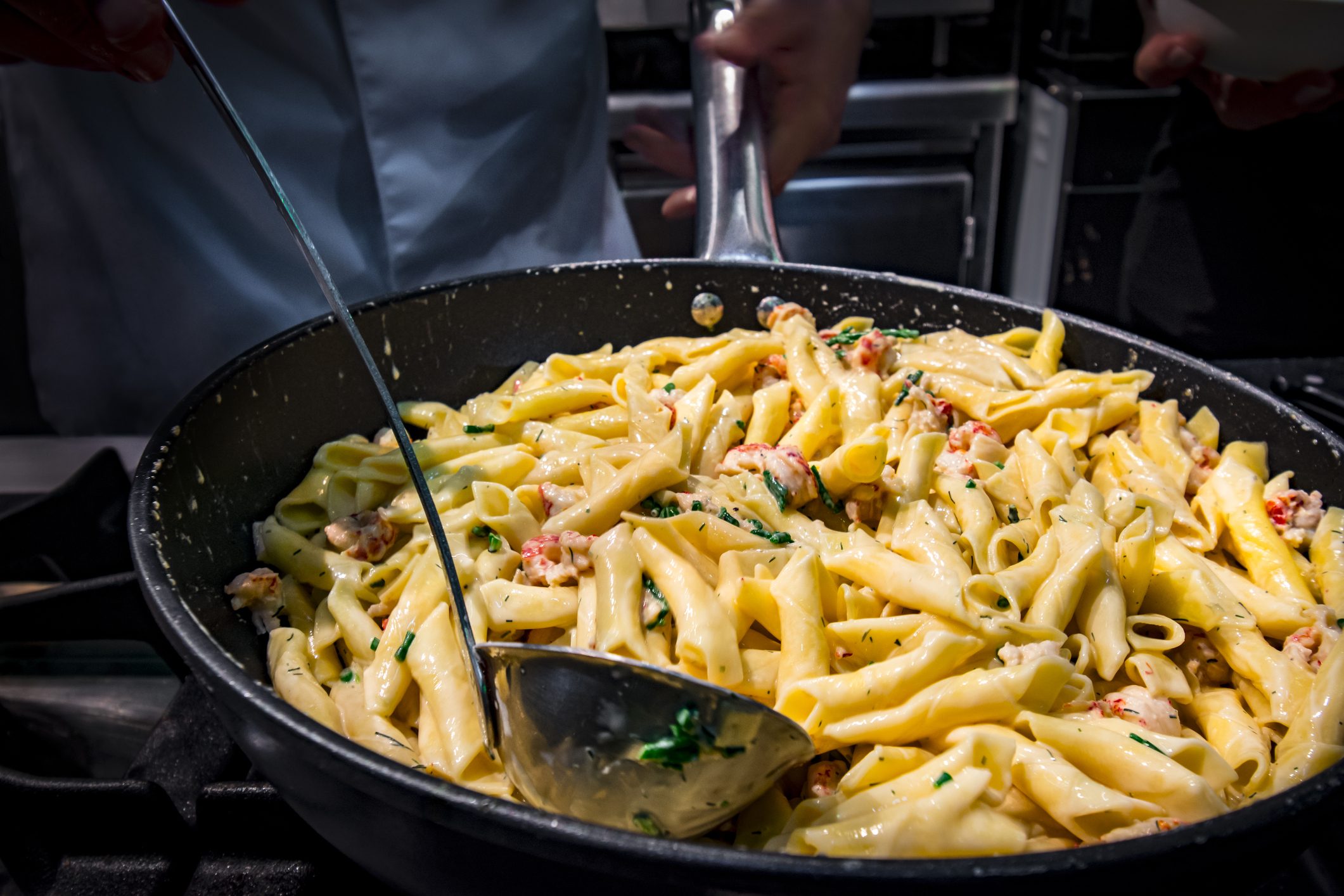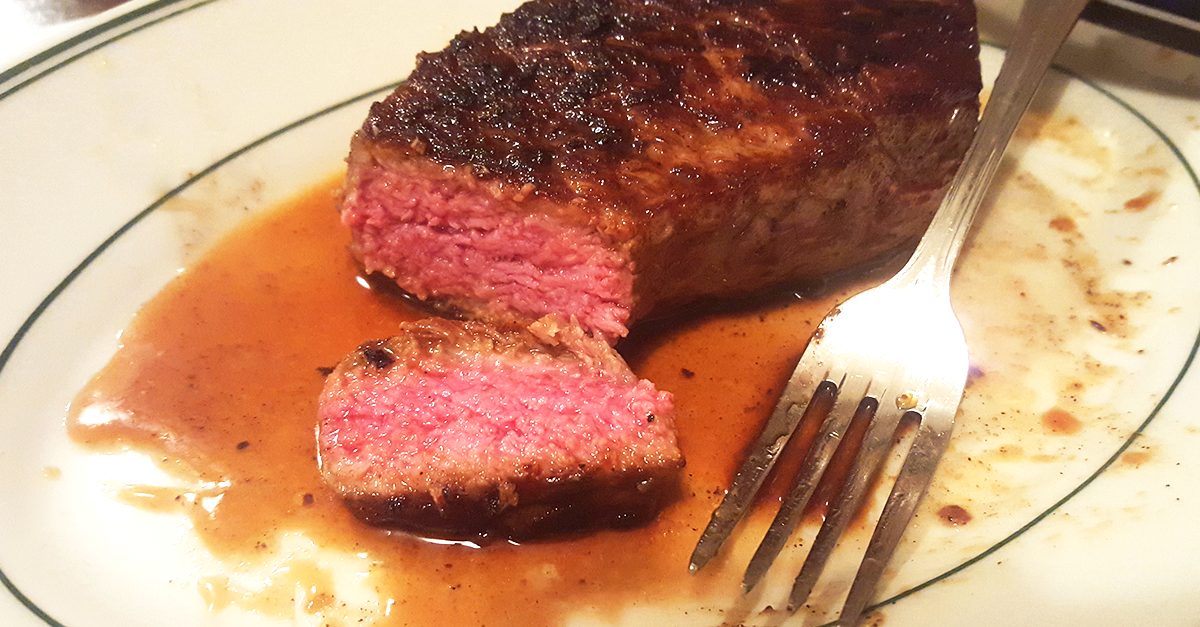7 Myths About Cooking Pasta That Just Never Want To Go Away!
Pasta is a versatile food item; it can go from being a quick lunch to becoming the fanciest menu item in a few minutes. Pasta is that one food item that is enjoyed worldwide, making it not too surprising to find that many myths surround the proper method of cooking it. Here, we have listed some of the common sayings about cooking pasta and why they are nothing more than mere myths.
;Resize,width=742;)
You have likely heard these myths about cooking pasta and probably believed them because you thought they were logical or couldn't counter the source of information. Here we have provided factual information to tackle seven such myths; these will not only add to your knowledge but also help you prepare better pasta!
1. You must always bring the water to a boil before adding the pasta

This saying is common, and while it may seem somewhat logical, it is just a myth. You don't have to worry about the pasta being in boiling water all the time. Regardless of the water's temperature at the time you added the pasta, it will cook in time and obtain the ideal texture.
2. Add some oil to the water

This couldn't be more wrong. Pouring oil into the pasta water is going to make all the sauce run off. Do that, and you're never going to get that restaurant-worthy pasta dish you covet.
3. Make sure to drain the pasta well

How are you going to enjoy your pasta if the sauce keeps slipping off? If you drain all the pasta water, you get rid of the starch that should help the sauce stuck to the pasta. Thus, the advice that you save some if not all, of the pasta water.
4. Rinse the pasta after draining

Like myths 2 and 3 above, doing this will eliminate the stickiness provided by starch from the pasta. So unless you are preparing a cold pasta salad, do not rinse your pasta after draining!
Tip: a cold pasta salad should be rinsed to avoid an unappetizing gumminess to the vegetables during tossing.
5. Throw a pasta on the wall to know if it's done

This myth is one of the bizarre ones out there. It is believed that when thrown, well-cooked pasta will stick to the wall and vice-versa. However, this is not a proper way to know if your pasta is done. Don't mess up your wall — just how many times are you going to need to throw pasta at the wall?
Instead, eat a strand to gauge its texture and taste.
6. All pasta and sauces are interchangeable

A novice cook would believe that you can pair any pasta with any sauce. An experienced cook will tell you that certain sauces are the best fit for certain forms of pasta because the weight, texture, and size of the pasta should complement the sauce.
7. Fresh pasta is always best

Pasta is not one of those food items that are better when they are fresh. Fresh pasta is not better than dry pasta; it is merely different. You can make an ultimate based on your personal preference or what sauce you choose to pair it with.
Overall, we advise that if you are not sure about cooking pasta — or any food item — do thorough research first. It will help you cook better! Do you know of any more myths about cooking pasta?
;Resize,width=767;)
;Resize,width=712;)
;Resize,width=712;)
;Resize,width=712;)
